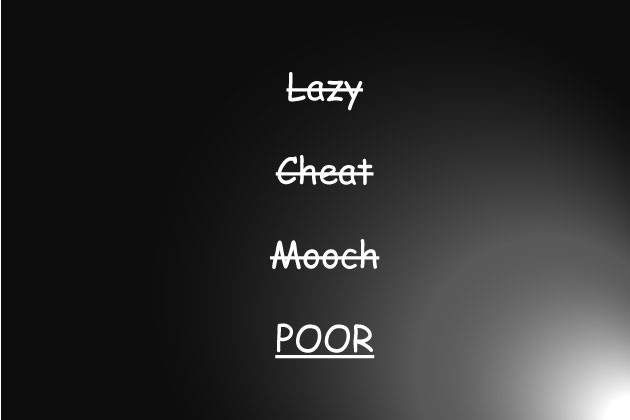When did the War on Poverty become the War on Those in Poverty?
Fraud. Abuse. Waste. Cheating. Loopholes. Lazy. Mooching. These are just some of the negative stereotypes that are often associated with the Food Stamp Program and those who rely on it to put food on the table. As a food stamp alum I find these terms highly offensive. As a tax-payer, data-nerd, and anti-hunger advocate, I know that they are inaccurate. But I think John Stewart summed it up best last week in this segment showcasing how ridiculous these myths are.
While the Daily Show segment certainly leans to the political left, it illuminates the images many of us have when we think about people who rely on public benefits.
Food stamps, officially known as the Supplemental Nutrition Assistance Program (SNAP), are our front line defense against hunger. They allow struggling families – including 20 million kids – to purchase nutritious food for their families. With an average monthly benefit of only $125.64 in WA, you can rest assured that your neighbors aren’t having too many fancy dinners at your expense.
Still skeptical? Food stamps help your community as well. The Food Stamp Program generates local economic activity and lifts millions out of poverty every year. Economists consider SNAP one of the most effective forms of economic stimulus. Moody’s Analytics estimates that in a weak economy, every dollar increase in SNAP benefits generates about $1.70 in economic activity.
Food stamp use has risen in recent years due in large part to the recession and lingering high rate of unemployment. People are relying on food stamps because they are income poor. It’s as simple as that.
50 years ago President Lyndon B. Johnson declared a War on Poverty. While many have disputed the impact of this fight, I see it as an inspirational call to action. Now is the time to recommit to the War on Poverty rather than attacking those in poverty.


Comments